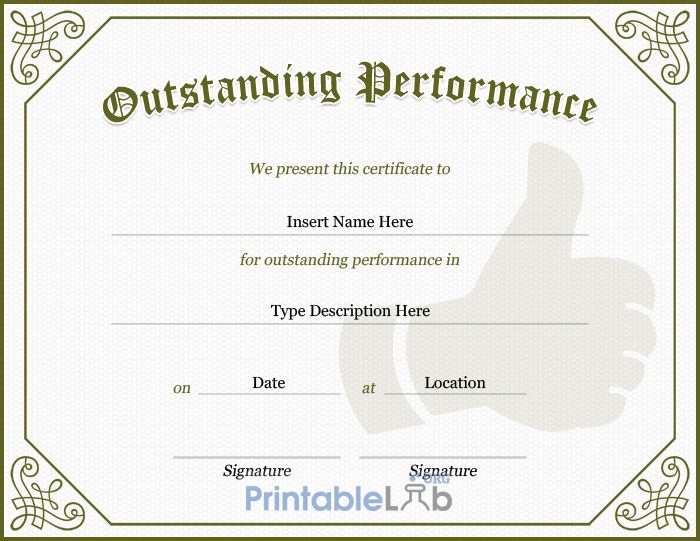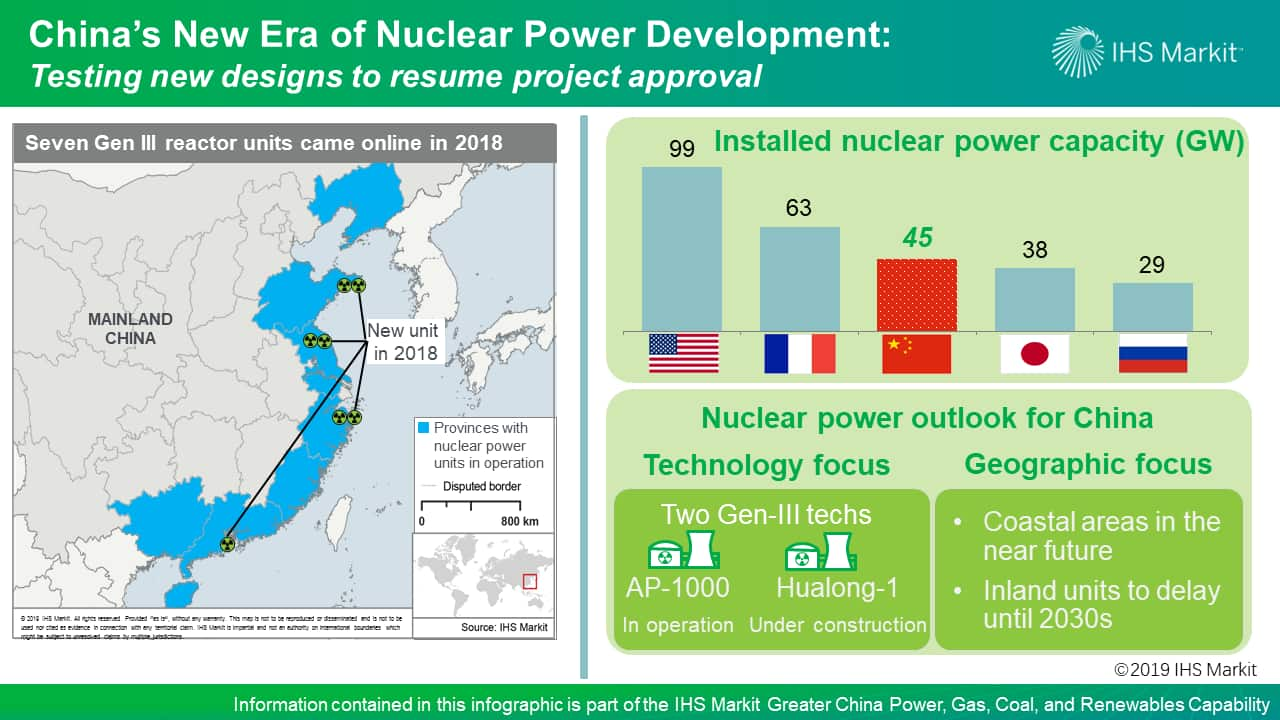Middle Management: Their Value In Driving Company Performance And Employee Growth

Table of Contents
The Bridge Between Leadership and Employees
Middle managers act as the crucial link between upper management and frontline employees. Their ability to effectively communicate and facilitate feedback mechanisms is vital for ensuring strategic alignment and efficient execution of company goals.
Effective Communication and Feedback Mechanisms
Effective communication is paramount. Middle managers must translate complex strategies from upper management into clear, actionable goals for their teams. This requires:
- Regular team meetings: Providing consistent updates, addressing concerns, and fostering open dialogue.
- Transparent updates: Keeping employees informed about company performance, upcoming changes, and relevant decisions.
- Open-door policies: Encouraging open communication and feedback from team members, creating a safe space for concerns and suggestions.
- Constructive feedback: Providing regular, specific, and actionable feedback to help employees improve their performance and reach their full potential. Recognizing and celebrating achievements is equally crucial for boosting morale and motivation.
Keywords: Communication, feedback, team management, strategic alignment, employee communication
Mentoring and Employee Development
Beyond communication, middle managers play a significant role in identifying, nurturing, and developing talent within their teams. This involves:
- Mentoring programs: Establishing formal or informal mentorship programs to guide and support employee growth.
- Professional development initiatives: Providing opportunities for training, skill development, and career advancement.
- Succession planning strategies: Identifying high-potential employees and creating development plans to prepare them for future leadership roles.
Investing in employee development not only increases individual productivity but also fosters a culture of continuous improvement and contributes significantly to improved employee retention.
Keywords: Mentoring, employee development, talent management, succession planning, employee retention, talent development
Driving Operational Efficiency and Productivity
Middle managers are directly responsible for the day-to-day operations of their teams. Their ability to streamline processes and monitor performance is key to achieving operational efficiency and boosting productivity.
Streamlining Processes and Improving Workflow
Middle managers identify bottlenecks and inefficiencies within their teams' workflows. They can implement process improvement methodologies such as:
- Lean principles: Focusing on eliminating waste and maximizing efficiency.
- Six Sigma methodologies: Reducing variation and improving quality.
- Project management tools: Utilizing project management software and techniques to ensure timely completion of projects and tasks.
By streamlining processes, middle managers contribute directly to increased productivity and reduced operational costs.
Keywords: Process improvement, workflow optimization, project management, operational efficiency, productivity, process optimization
Setting and Monitoring Performance Goals
Middle managers translate company-wide strategic goals into specific, measurable objectives for their teams. This involves:
- Defining Key Performance Indicators (KPIs): Establishing clear metrics to track team performance against objectives.
- Regular performance reviews: Conducting regular performance evaluations to provide feedback, identify areas for improvement, and recognize achievements.
- Performance management systems: Utilizing performance management software to track progress, identify challenges, and ensure accountability.
Effective goal setting and monitoring ensure that teams are focused, productive, and aligned with the overall company strategy.
Keywords: Performance management, goal setting, KPI, performance review, accountability, performance monitoring
Fostering a Positive and Productive Work Environment
Middle managers play a crucial role in shaping the work environment within their teams. A positive and supportive atmosphere directly impacts employee morale, engagement, and productivity.
Building Strong Team Dynamics and Collaboration
Middle managers are responsible for fostering a collaborative and supportive team environment. This includes:
- Team-building activities: Organizing team-building events to improve communication and collaboration.
- Conflict resolution strategies: Implementing effective strategies for addressing conflict and resolving disputes.
- Open and transparent communication: Promoting open communication and feedback to build trust and understanding among team members.
A positive work environment leads to increased employee morale, improved collaboration, and higher productivity.
Keywords: Team building, collaboration, conflict resolution, employee morale, positive work environment, team dynamics
Promoting Employee Engagement and Motivation
Engaged employees are more productive, creative, and committed to their work. Middle managers can significantly contribute to employee engagement by:
- Employee recognition programs: Implementing programs to recognize and reward employee achievements and contributions.
- Incentive schemes: Offering incentives and rewards to motivate employees and encourage high performance.
- Career development paths: Providing opportunities for career advancement and professional growth.
Investing in employee engagement is an investment in the overall success of the company.
Keywords: Employee engagement, motivation, employee recognition, career development, company culture, employee motivation
Conclusion
Effective middle management is not just a layer of leadership; it's the engine that drives company performance and fuels employee growth. By acting as a bridge between leadership and employees, streamlining operations, and fostering a positive work environment, middle managers directly impact key business outcomes. Their contributions to communication, employee development, and operational efficiency are indispensable.
Invest in your middle management to unlock greater company performance and employee growth. Provide them with the training, mentorship opportunities, and clear communication strategies they need to succeed. Unlock the full potential of your middle management for improved company performance and employee development. [Link to relevant resources/training programs]

Featured Posts
-
 Zombie Buildings In Chicago A Deep Dive Into The Office Real Estate Crisis
Apr 29, 2025
Zombie Buildings In Chicago A Deep Dive Into The Office Real Estate Crisis
Apr 29, 2025 -
 Analysis Trumps Tax Bill Faces Significant Republican Opposition
Apr 29, 2025
Analysis Trumps Tax Bill Faces Significant Republican Opposition
Apr 29, 2025 -
 Chinas Nuclear Power Push Approval For 10 New Reactors
Apr 29, 2025
Chinas Nuclear Power Push Approval For 10 New Reactors
Apr 29, 2025 -
 International Condemnation Of Israeli Aid Ban In Gaza Intensifies
Apr 29, 2025
International Condemnation Of Israeli Aid Ban In Gaza Intensifies
Apr 29, 2025 -
 Chinas Huawei Unveils New Ai Chip Technology
Apr 29, 2025
Chinas Huawei Unveils New Ai Chip Technology
Apr 29, 2025
Latest Posts
-
 Republican Divisions Could Determine Fate Of Trumps Tax Plan
Apr 29, 2025
Republican Divisions Could Determine Fate Of Trumps Tax Plan
Apr 29, 2025 -
 Can Trump Overcome Republican Opposition To His Tax Bill
Apr 29, 2025
Can Trump Overcome Republican Opposition To His Tax Bill
Apr 29, 2025 -
 The Fight Within The Gop Trumps Tax Plan In Jeopardy
Apr 29, 2025
The Fight Within The Gop Trumps Tax Plan In Jeopardy
Apr 29, 2025 -
 Analysis Trumps Tax Bill Faces Significant Republican Opposition
Apr 29, 2025
Analysis Trumps Tax Bill Faces Significant Republican Opposition
Apr 29, 2025 -
 Key Republican Groups Oppose Trumps Big Beautiful Tax Cuts
Apr 29, 2025
Key Republican Groups Oppose Trumps Big Beautiful Tax Cuts
Apr 29, 2025
